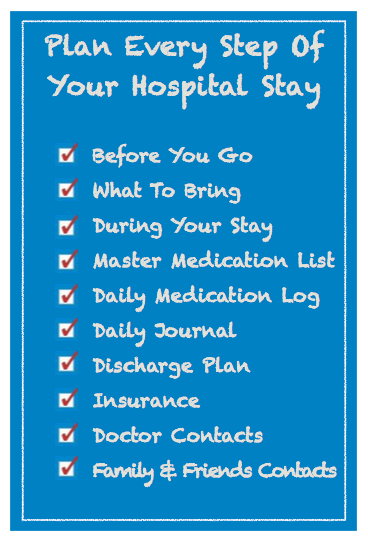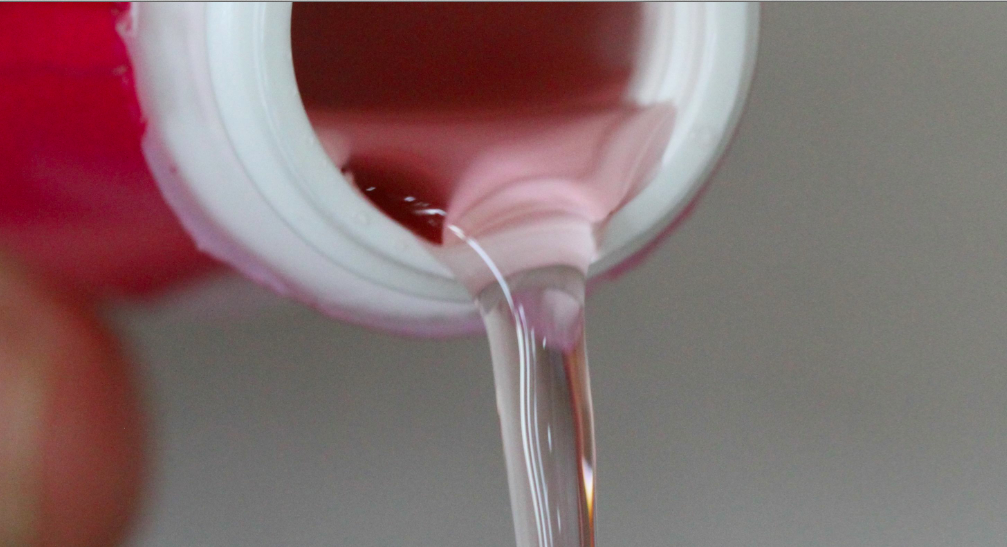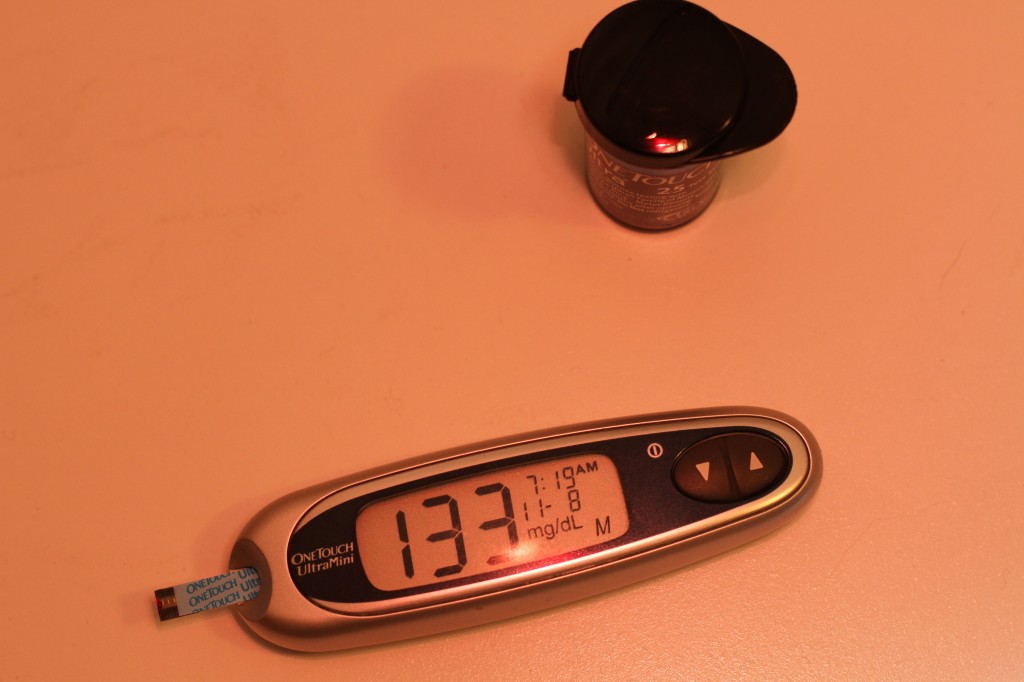
by Karen Keller Capuciati
I have always been interested in learning about nutrition. Over the last few years I’ve become more aware of the benefits of an alkaline-producing diet — essentially consuming more fruits, vegetables and whole grains, while avoiding the acid-forming foods like meat, sugar and refined, processed foods like those that feature white flour or high-fructose corn syrup. I have heard fascinating accounts, one after another, of people who have stopped, and even reversed the course of, cancer, heart disease and autoimmune disorders with a plant-based (alkaline) diet treatment.
This became even more critical in my life when I was recently diagnosed with osteopenia, a lower than normal bone mineral density that can lead to osteoporosis. My doctor recommended I read Food and Our Bones, by Annemarie Colbin. This book, which I highly recommend, dispelled my previous inclination to “eat dairy for stronger bones.” Instead, the author confirms everything I have been reading of late — eat an alkaline, plant-based diet to reverse bone loss. This was the message I needed to finally take action with my current diet.
Starting slowly, I began to make little changes. I started with getting a juice from time to time at the organic food store. It should be noted that these did not go down easy at first, but I kept trying new vegetable combinations and I’ve found a favorite: kale, celery, apple and lemon. I tried new grains to replace pasta (which is generally made with refined flour). I replaced a sugary scone in the afternoon with sliced apple pieces and almond butter. Little by little, I became thoroughly comfortable with these changes. I’m also happy to report that my husband Peter, who previously wielded a variety of arguments why we must eat meat and cheese, has enthusiastically joined me on the Eat Plants Crusade.
So, as we enter the holiday season, here are ten ideas to engage and maintain healthy eating habits:
Continue Reading













